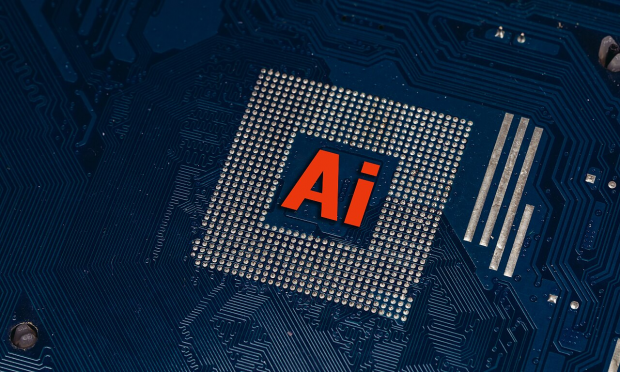Report: College-Bound Students Fear AI Will Impact College and Career Success
By Joy LiwanagAs artificial intelligence (AI) continues to permeate various aspects of society, its impact on education, particularly among college-bound students, is becoming increasingly apparent.
A recent report by the Art & Science Group LLC sheds light on how students view and engage with AI in the context of their academic and career aspirations. This article delves into the key findings of the report, highlighting the opportunities and challenges that AI presents for college-bound students.

(Photo : WIKIMEDIA COMMONS / Jernej Furman)
The Double-Edged Sword: AI as a Tool and a Threat
The report reveals a nuanced relationship between college-bound students and AI, characterized by a mixture of reliance and apprehension. On one hand, AI is embraced as a powerful tool that enhances learning and productivity. Nearly half of the surveyed students consider themselves knowledgeable about AI, with many leveraging AI for academic purposes such as studying, note-taking, and writing essays. This highlights a positive trend where students are proactive in adopting technology to enhance their educational experience.
However, alongside this enthusiasm, there exists a palpable fear among students regarding the potential negative implications of AI. More than half of the respondents expressed concerns that other students' use of AI could hinder their chances of college acceptance and scholarship opportunities. This competitive anxiety underscores a broader apprehension about AI's role in shaping the future landscape of education and employment.
David Strauss, principal at Art & Science Group LLC, notes that students' fears are not unfounded, as they perceive AI as a potential tool for misinformation and cheating. Additionally, there is a prevailing belief among students that AI usage could lead to a decline in critical thinking and creativity. These concerns reflect a deeper unease about the ethical and societal implications of AI, particularly in educational settings.
READ MORE: Generative AI Set To Revolutionize Higher Ed: ETS Conference Explores Future Skills And Assessments
Ethical Dilemmas and Educational Paradigms
The survey findings shed light on the ethical dilemmas posed by AI in education. A significant portion of students view AI as a potential threat to academic integrity, with many equating its use with cheating. This perception raises important questions about the role of AI in fostering a culture of honesty and intellectual rigor among students. As AI becomes more ubiquitous in educational settings, educators and policymakers must address these concerns to ensure that its integration is ethical and transparent.
Moreover, students' concerns about AI's impact on critical thinking and creativity point to a broader issue of how technology shapes educational paradigms. While AI offers unprecedented opportunities for personalized learning and data-driven insights, it also poses a challenge to traditional notions of education centered around human interaction and creativity. As such, educators must strike a balance between harnessing the benefits of AI and preserving the core values of education that are essential for holistic student development.
Adapting to a New Educational Landscape
The survey findings underscore the need for universities to adapt to a new educational landscape shaped by AI. Strauss emphasizes that institutions that embrace AI and adjust their pedagogical approaches accordingly are likely to have a competitive advantage. This entails not only integrating AI into curricula but also fostering a culture of ethical AI usage among students.
One approach is to incorporate AI literacy programs that educate students about the ethical implications of AI and equip them with the skills to navigate its complexities responsibly. Additionally, universities can leverage AI to enhance student support services, such as personalized academic advising and career counseling, thereby enhancing the overall student experience.
The report highlights the complex relationship between college-bound students and AI, characterized by both opportunities and challenges. While AI holds the potential to revolutionize education, its impact must be carefully managed to ensure that it aligns with the values and goals of higher education. By addressing students' concerns and fostering a culture of responsible AI usage, universities can harness the transformative power of AI to enrich the educational experience for all students.
RELATED ARTICLE: Yale Freshman Creates AI Chatbot On AI Ethics, Surpasses Expectations








